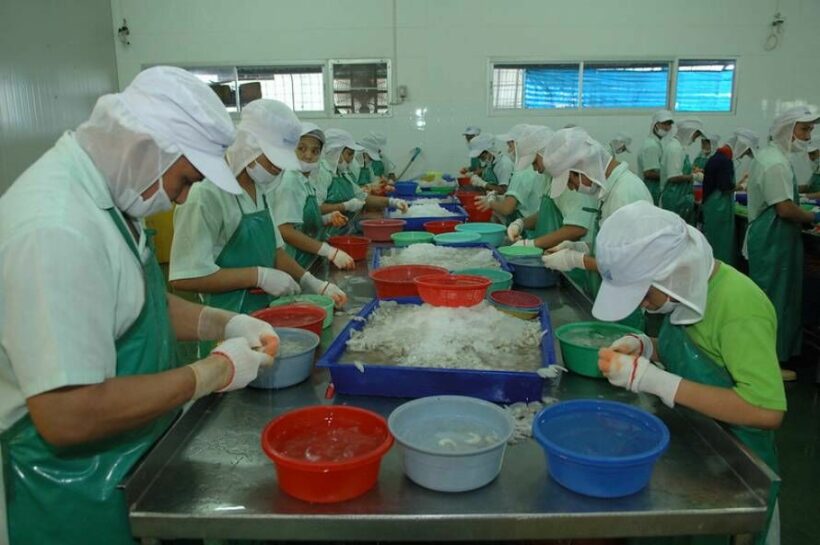First group of ‘official’ Burmese migrant workers enter Thailand to bolster labour market

Thailand’s PM and the Minister of Defence Prayut Chan-o-cha is asking all relevant departments to recruit migrant workers using the Memorandum of Understanding or MOU system. The PM has also directed the Ministry of Labour to “take care of each worker”, and ensure that Covid-19 prevention measures are adhered to.
Today, the PM’s Spokesperson, Thanakorn Wangboonkongchana, told Thai media that the government had been closely monitoring the shortage of workers and would recruit more foreign workers to solve the problem. In the wake of the Thai government’s border closures in April 2020, many hundreds of thousands of migrant workers headed home to wait out the pandemic. This led to a critical labour shortage in Thailand.
The spokesperson says that Thailand had recruited 588 Burmese migrant workers and let them enter Thailand through the Yangon-Myawaddy-Maesot Route on May 10 and 11. He emphasised that this was considered the “first migrant group” to be allowed to enter after travel measures were relaxed on May 1 (abandoning quarantine and testing for vaccinated people).
PM Prayut asked that every relevant department should prepare local health measures to get ready and “welcome the foreign workers” too. According to the report, the Ministry of Labour required each worker to show an employment document, vaccination certificate, and Covid-19 insurance covering at least US$4,000 (which is less than international travellers who currently must cover up to US$10,000)
Thanakorn said that vaccinated and unvaccinated migrant workers could enter Thailand by water, land, and air. Unvaccinated workers were required to get a PCR test 72 hours before coming to Thailand (same as with the current Thailand Pass). If workers couldn’t (or didn’t want to) provide the PCR test result, they would be required to show the evidence of accommodation for isolation for at least 5 days to the immigration authorities when they come across the border.
After entering, the workers would receive a visa for a 2 year stay, get a health check and ATK tests by medical workers, and could start working if testing negative.
Thailand has relied on up to 2 million Burmese and other migrant workers (Cambodians, Laotians, Vietnamese) to bolster its lower paid jobs for many decades. There is also a 2,500 kilometre long border between Myanmar and Thailand where people frequently cross, undocumented, to do lowly-paid cash jobs, and are susceptible to trafficking and poor working conditions.
SOURCE: Thairath
Latest Thailand News
Follow The Thaiger on Google News:


























